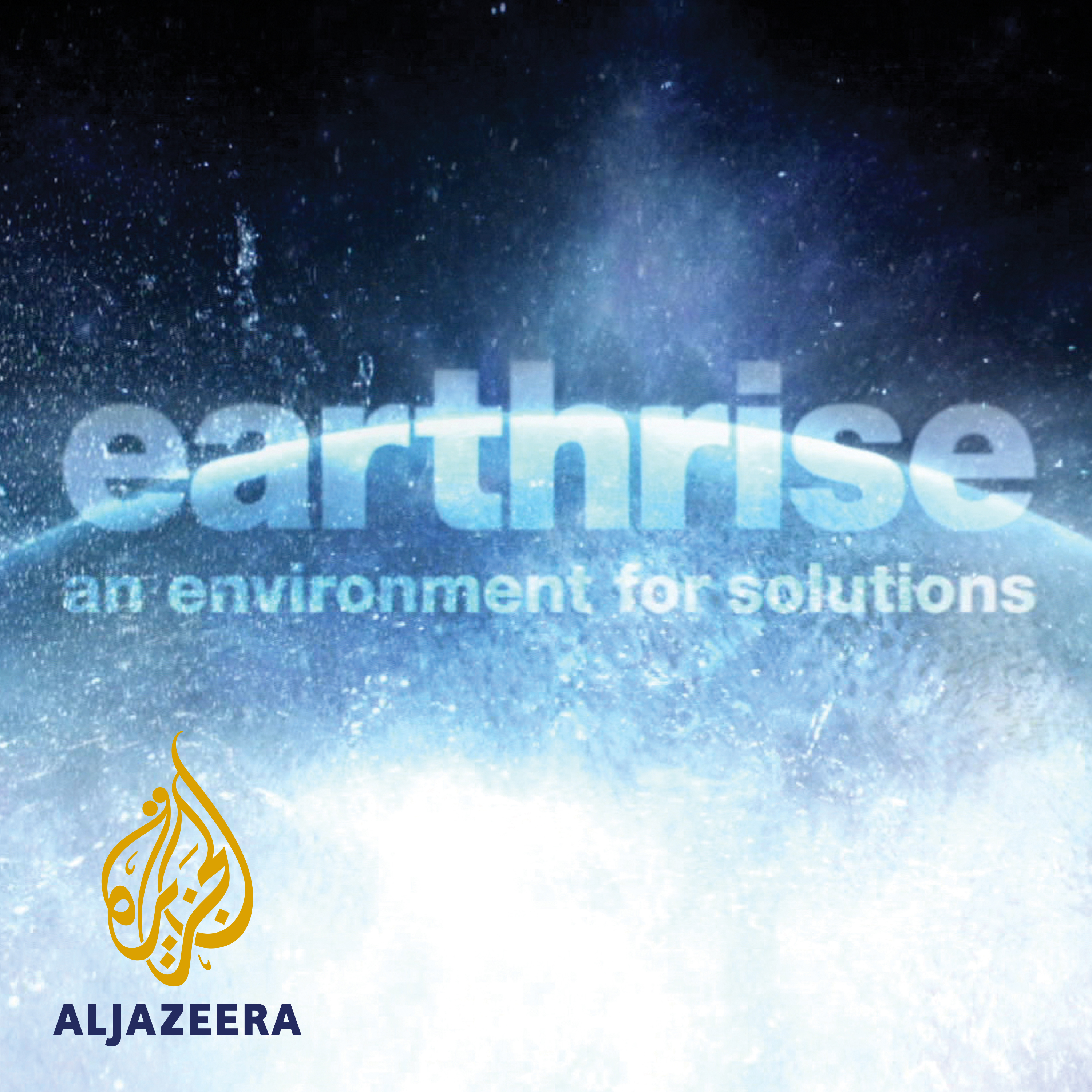Land: Gaining Ground - earthrise
Description
The survival of people and wildlife depends on the health of the land. The economic prosperity of a country is linked to the richness of its resources. But, our demand for these is destroying the land and all it harbours.
Our consumption of the earth's natural reserves has doubled in the last 30 years. Now, a third of the planet's land is severely degraded. Each year, we lose 15 billion trees and 24 billion tonnes of fertile soil. And at least 10,000 species go extinct every year. The land we live on is being strained to breaking point. Restoration and conservation are key to its survival.
earthrise travels to the dry forests of Southern Ecuador and the ancestral lands of the indigenous peoples in Western Australia to learn how these communities are working to protect the unique ecosystems currently at risk due to natural and man-made disasters.
Saving Ecuador's Cerro Blanco
On the outskirts of Ecuador's port city of Guayaquil lies the Cerro Blanco reserve; one of the last remaining dry forests in the country. Dry forests are named as such due to the ability of the vegetation to survive long periods without rain using natural water conservation methods.
Cerro Blanco is threatened by a host of natural causes and human activity, including an expanding city that means people who cannot afford to live centrally are edging closer to the forest.
earthrise speaks to the reserve's chief ranger, Eleutario de la Cruz about the increasing issues related to an ever-encroaching city population plus the dangers of land trafficking, illegal logging and hunting. We also speak to engineer Topher White who has developed a surveillance system made from recycled technology that could help protect the forest and its endangered wildlife.
Juliana Schatz learns more about the Rainforest Connection as a means to end the threat to one of Ecuador's last survivng dry forests.
Burning to save Australia's Western Desert
The Martu are the indigenous peoples of Australia's Western Desert cultural bloc. The traditional owners of those lands, the Martu practiced small-scale "land burning" for tens of thousands of years. The burning would encourage a regrowth of diverse vegetation across the landscape that would then make large-scale bushfires less likely to occur.
However, as the last of the Martu were cleared off their lands by the Europeans in the 1960s, wildfires have once again devastated the landscape with as many as 18 animal species disappearing from the area since then.
In 2002, the Martu were once again granted native title to their land, bringing back their ancient practice and an unparalleled knowledge of the land at risk of further damage.
Rachael Hocking travels to the Western Desert to spend time with a group of Martu rangers on a fire programme set to stop the wildfires before they take hold.
- Subscribe to our channel: http://aje.io/AJSubscribe
- Follow us on Twitter: https://twitter.com/AJEnglish
- Find us on Facebook: https://www.facebook.com/aljazeera
- Check our website: http://www.aljazeera.com/
More Episodes
Bangladesh has one of the largest number of solar home systems in the world, reaching over 20 million people. Thirty percent of the electricity these generate is wasted each year, while over six million people in the country have no access to power.
A dynamic startup called SolShare has...
Published 06/12/21
Being in tune with nature used to be instinctive for all humans. It was a matter of survival. But over the centuries, as we urbanised and industrialised, the connection has become weaker.
But Indigenous communities around the world have not forgotten what it means to live in harmony with Earth....
Published 05/19/21
As populations grow and incomes rise, we are eating more and more meat and dairy. Intensive livestock farming, however, requires huge amounts of resources and is highly polluting. Yet, animal protein is essential to the 1.3 billion people who depend on livestock to survive.
So, what is the...
Published 05/12/21


